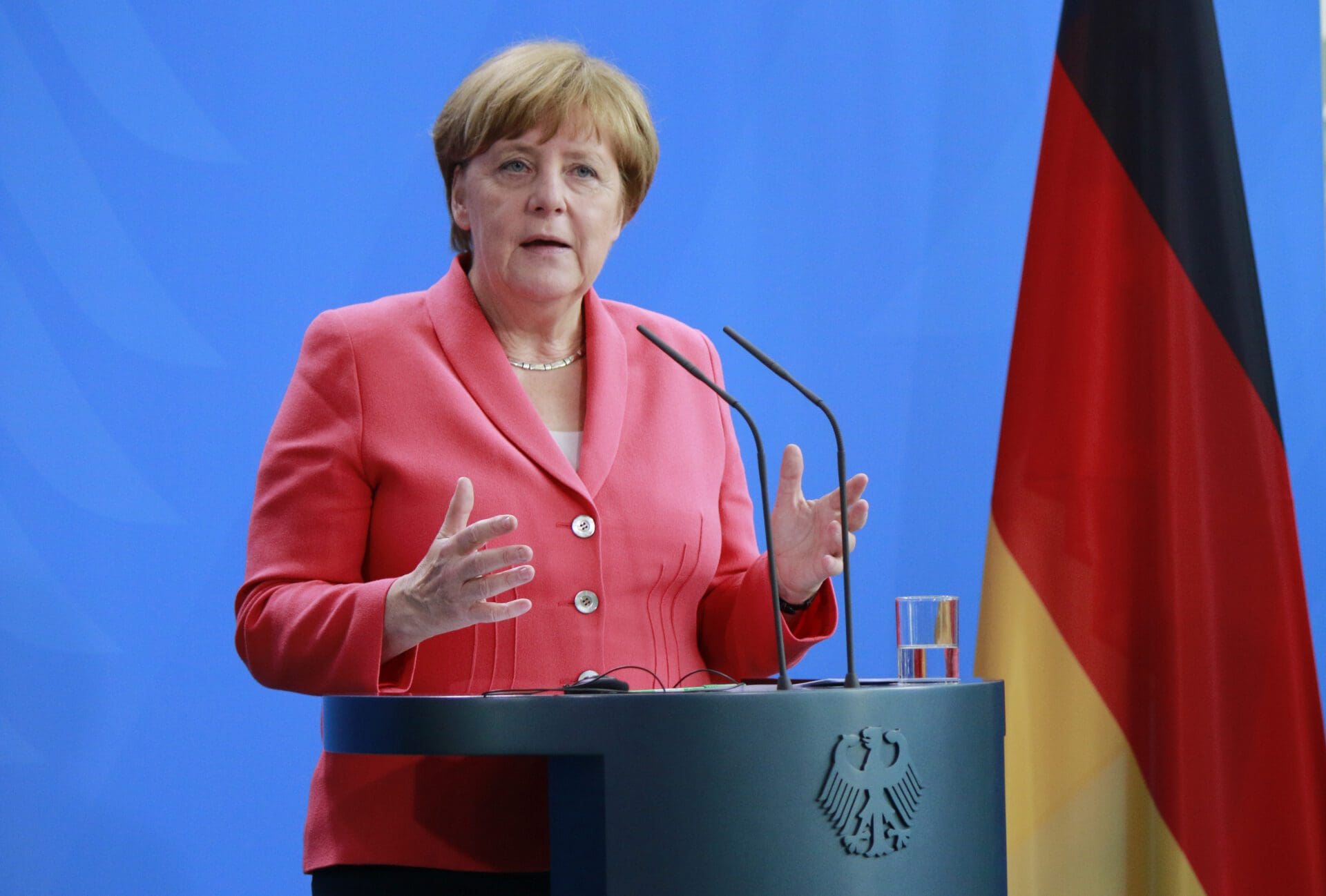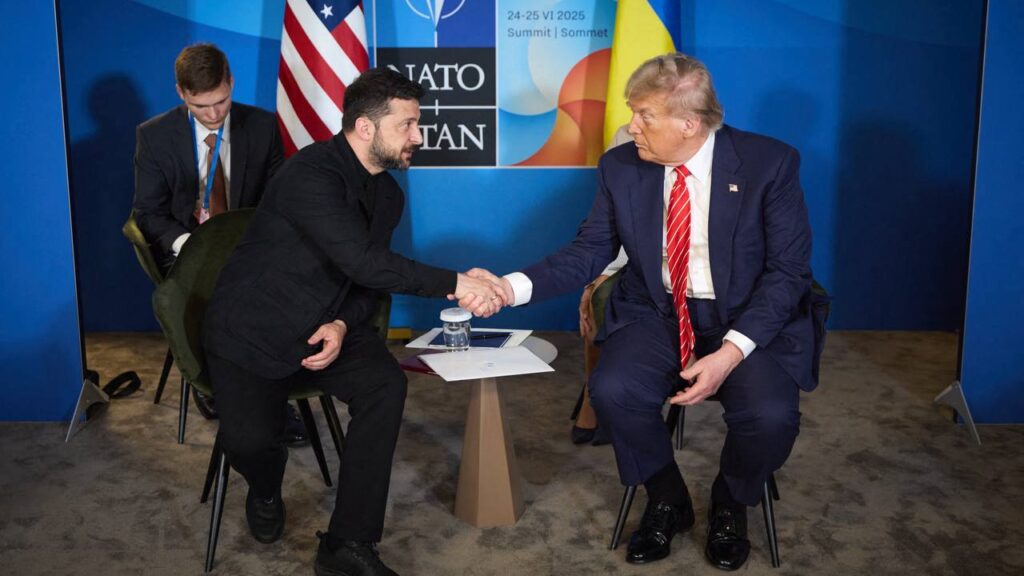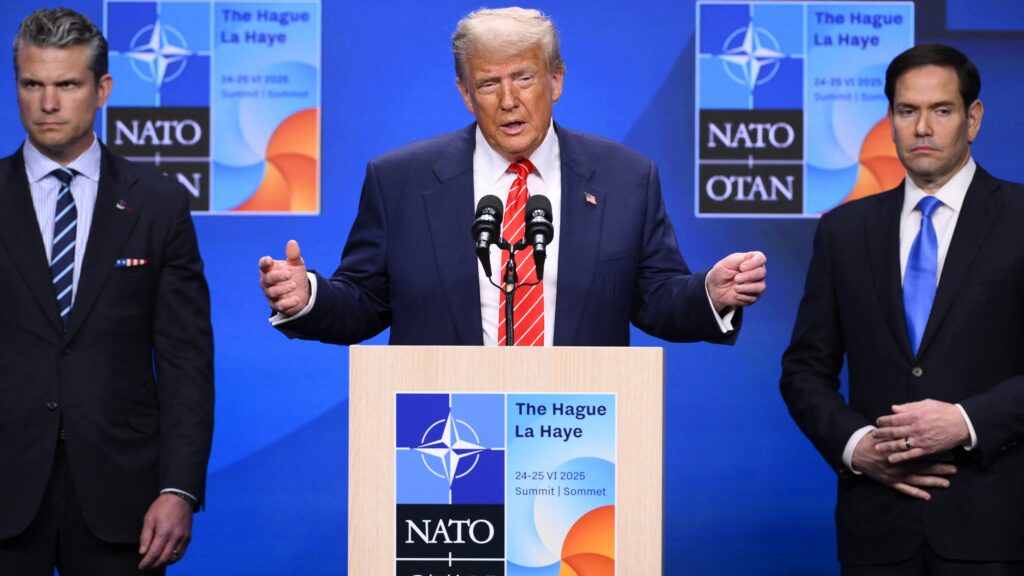In her first major interview since she left office, former German Chancellor Angela Merkel defended her position on Russia that she had pursued during the 2014 conflict. She maintained that she was right to oppose Ukraine’s NATO membership (back in 2008) while she also insisted that due to the close geographical proximity of the EU and Russia, the two political blocs must find a way to co-exist despite all their differences. She highlighted that Europe cannot ignore Russia—a point that she emphasized many times back in 2014—and that negotiations must be maintained with Moscow. Indeed, her role in insisting on the Minsk peace agreement in 2014 did lead to the end of the Donbas war between Moscow and Kyiv in 2015 even if some of the agreement’s provisions were never fully implemented. She also revealed in the Der Spiegel interview that she had no means to influence Putin when she met with Putin just as she was about to leave office, in the lead up to the invasion, before Russia began building up troops along Ukraine’s borders. The ex-chancellor said that during her last visit to Moscow in August 2021, Putin made it clear that she had no power or leverage left—and as nothing else matters for Putin, she had no chance of convincing the Russian leader to reconsider his plans.
Back in 2014,
Merkel made it clear that while Europe should pursue a tough policy regarding Russia, it should also work on a diplomatic solution to achieve peace.
Merkel’s position on the 2014 Russian-Ukrainian conflict can be summarized in three points: ‘condemn Russia’s violations of international law, pursue diplomacy, if possible, but punish with sanctions.’ In terms of sanctions, Merkel prioritized the ones imposed on individuals from the Russian elite, as she did not want to damage Germany’s €79 billion trade with Russia. Now, with the conflict renewed, Merkel is being harshly criticized for her role in the increase in German–Russian trade and of Berlin’s energy dependency on Moscow. However, the approach that—despite Russia’s obvious violations of international law—Europe should sit down and talk with Russia is exactly what Europe would badly need during this conflict. Now, European leaders are mostly talking about sanctions, but no serious consideration has been given to starting negotiations with Russia and seeking to end the conflict. On the contrary: negotiations—until Russia’s total defeat—are discouraged by many Western intellectuals.
Such intransigent opposition to peace talks not only contributes to many civilians’ death as the conflict is prolonged but may also deprive Ukraine of the chance of actually having a say at the negotiating table. While during the Minsk peace process Kyiv was in a position to influence the details of the agreement, now with the current conflict having seriously escalated (that is, it is not as isolated as the Crimean conflict was, but now the whole world is impacted by it) it is much more likely that the points of the deal will be set between large powers like the USA and Russia, with Ukraine probably having little or no say in the outcome. In other words, the solution to the 2014 Russia–Ukraine conflict (which was attained to a great extent thanks to Merkel’s policy) was reasonably favourable for Ukraine as it ended the war with relatively few casualties and with Kyiv’s active role in the peace process. As opposed to the 2014 solution, now Ukraine not only suffered a much larger number of casualties, but the resolution to the conflict will also probably be decided over its head. In that sense, the policies pursued under Merkel’s leadership were more favourable both to Ukraine and to Europe whose economic interests were not harmed when the former chancellor was in charge.
Merkel was very clear back in 2014 when Russia annexed Crimea that she does not want the Cold War to return and that the total breakdown of dialogue between the two political blocs should be avoided—even if it came at a cost. She warned after the G20 summit in Australia, not long after Germany celebrated the 25th anniversary of the fall of the Berlin Wall, that what this historic event hopefully taught Germany is that ’the biggest danger is that we allow ourselves to be separate, to be divided, that a wedge will be driven between us’.
Merkel was worried that in case the conversation between the two sides breaks down there is nothing that can stop the escalation of events.
Convinced that discussion and negotiation should be maintained between the sides in the hope that they can bring about peace, Merkel sat down multiple times for long hours with Putin in those days. In an unfortunate turn of policy, while in 2014 the talks between Putin and Merkel on the sidelines of the G20 summit in Brisbane had a major role in achieving peace, Putin was not invited to the November G20 summit in Bali, Indonesia, where Russia was represented by Russian Foreign Minister Sergey Lavrov.
Merkel’s leadership, and her commitment to peace and willingness to negotiate is exactly the approach Europe misses in solving and ending the war raging on the territory of Hungary’ Eastern neighbour.








